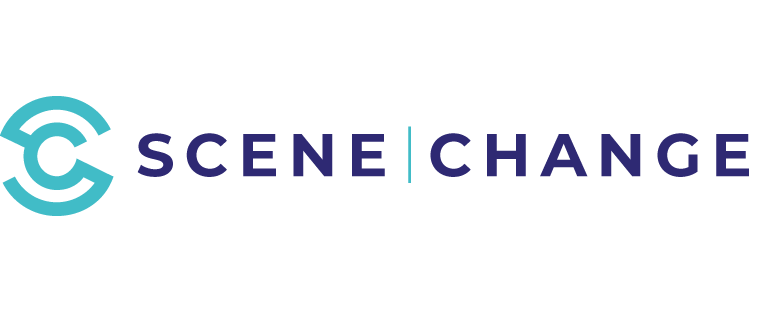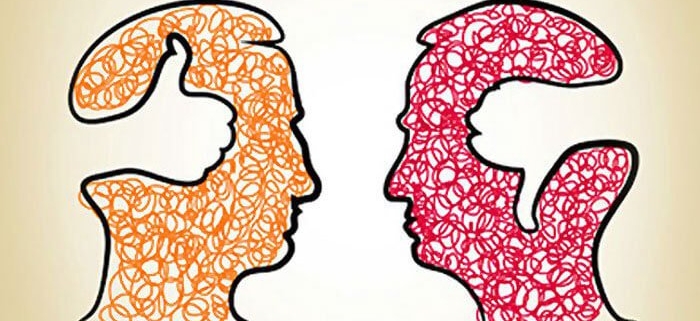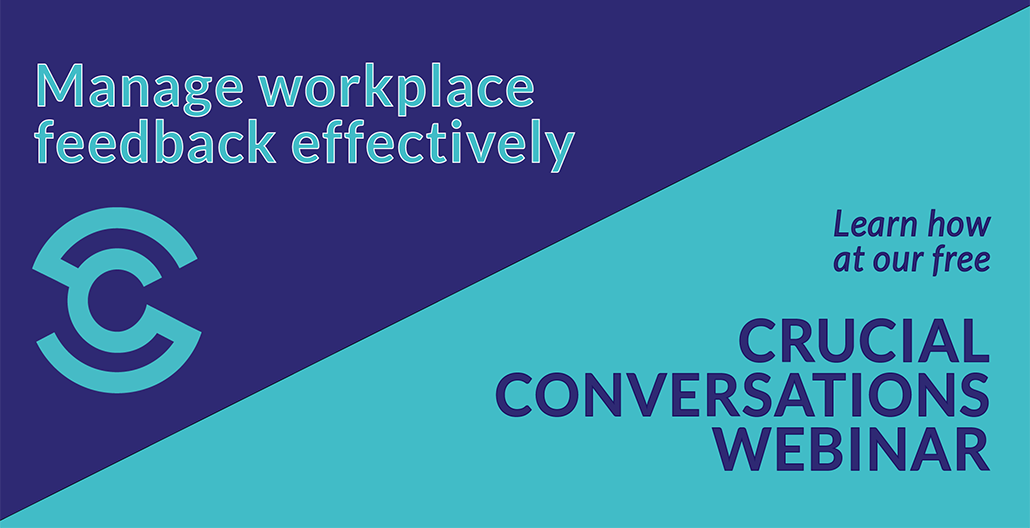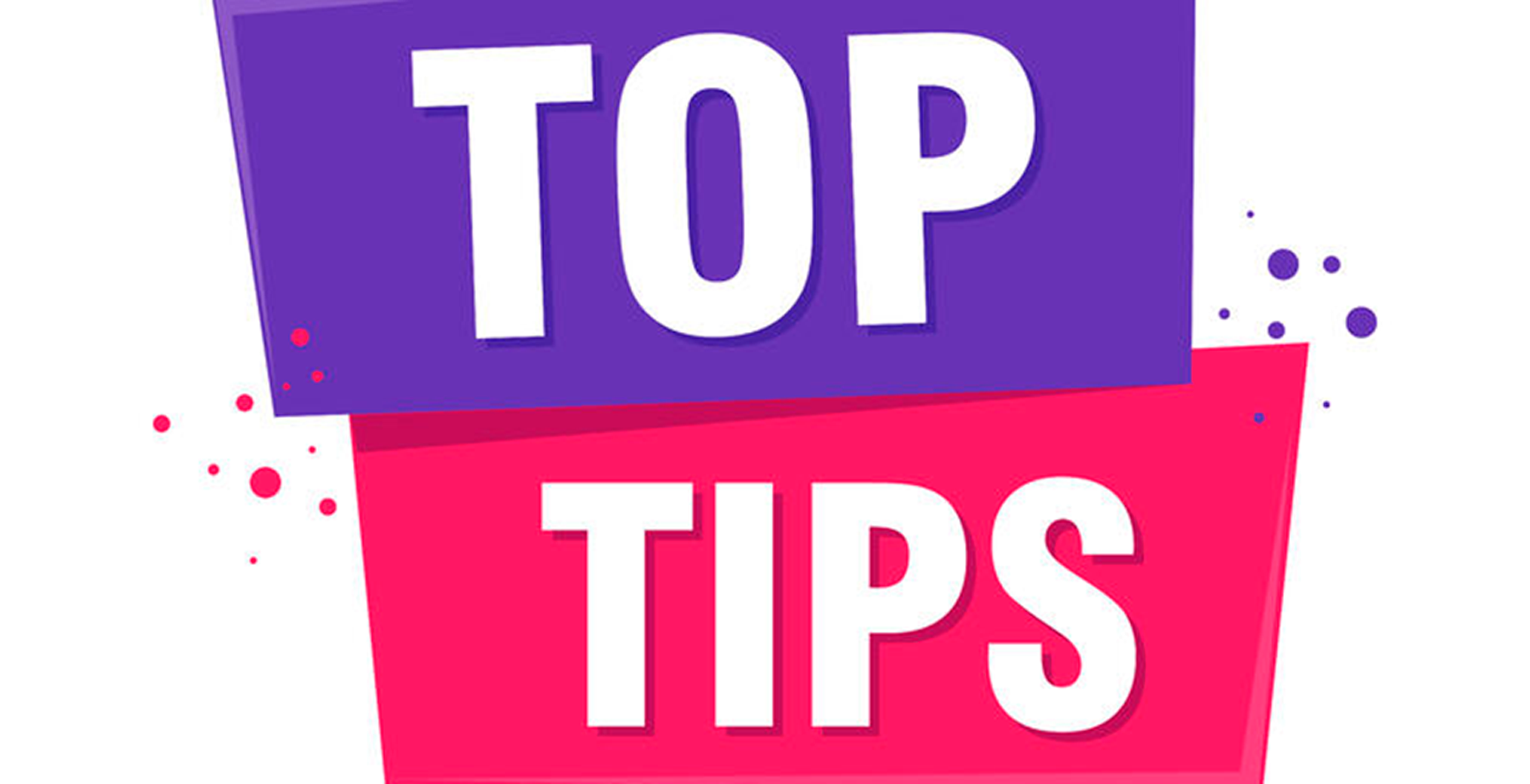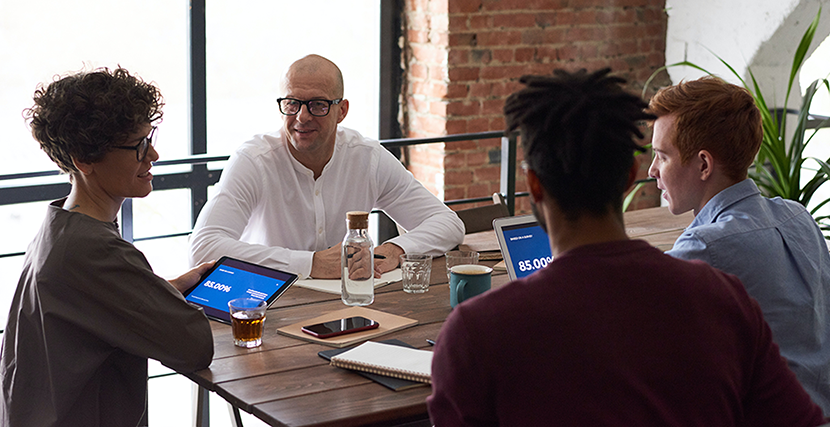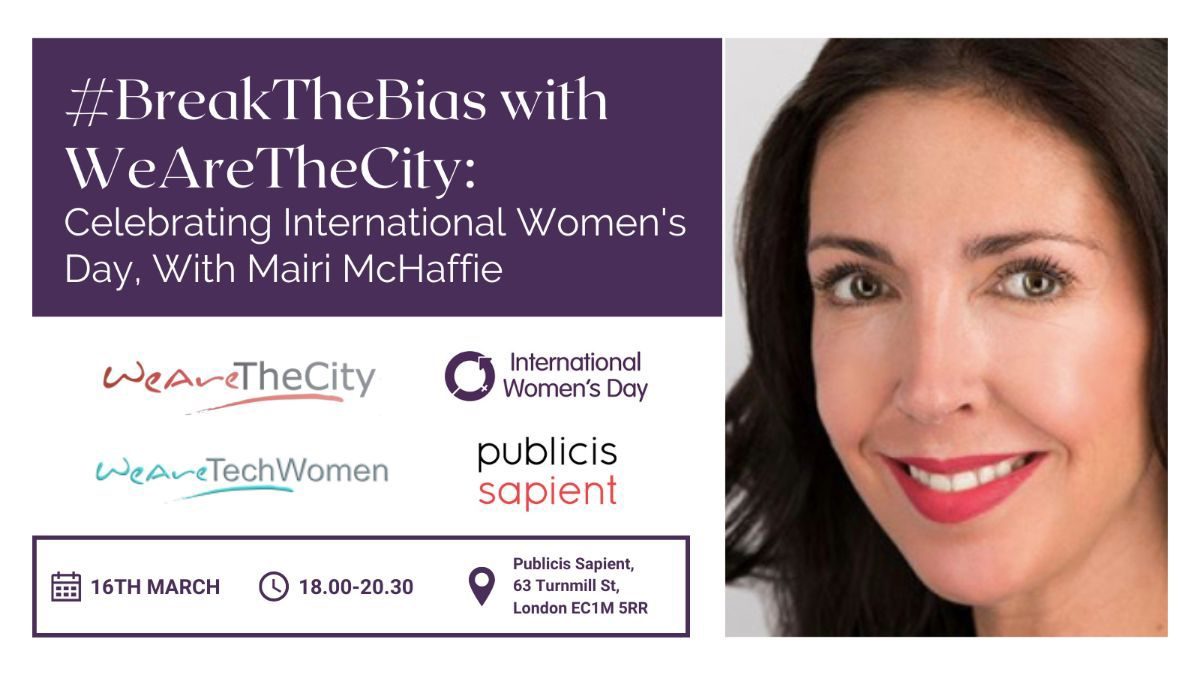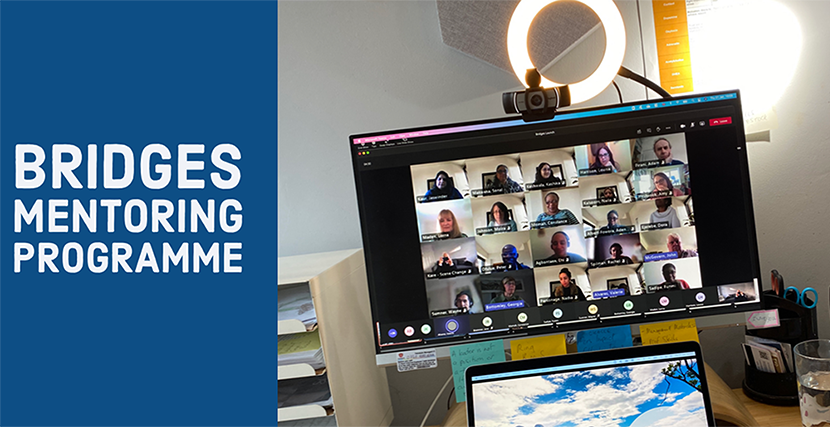Author: Kåre Sivertsen, Training Specialist & Managing Director at SceneChange Creative Consultants
As a rational human being, I am pretty certain I make most of my decisions based on fact, logic and reason. How is it that research suggests that our feelings and emotions can be a major influencer in our decision-making process?
Let us for a second consider that some of my decisions, in a professional context are based on my own inclination, preference or gut instinct. I am a human being after all and not a robot with artificial intelligence. By showing positive affirmation for trusted colleagues and friends, does that mean I am biased or perhaps unwittingly intolerant against other people who are not part of my inner circle? Many of us are not comfortable with the latter part of that sentence and is that the reason why we like to call it unconscious bias?
We are all much more aware these days of discrimination based on easily observed features such as age, weight, gender, skin colour and disabilities. However, at a much less conscious level, we also have a tendency to make assumptions about people based on their accent, sexuality and education. It is not unusual either to make assumptions about a person’s attitude because of their clothes, piercings, tattoos and even hair cut, rather than simply viewing them as personal accessory options.
If unconscious bias is a personal issue, how can it be a problem for my company?
Unconscious bias can affect your companies’ operations and it can impact negatively on your recruitment, promotions, bonuses and even your own personal career path. Schroders recently took the plunge and went public with stats on its gender pay gap. The group revealed that fixed pay for its female staff was 33% lower on average than for their male staff, while there was a bonus gap of 66%. Does simply being a man make you more qualified to do a job at Schroders?
But I’m not that biased…
The question is not whether we have biases or not, we all have them, but which ones we personally hold that may influence our decision making process about other people. Our brains are brilliant at organising information and it’s completely normal for our brains to categorise people too based on our personal opinion. Consider this, about 15% of all men in the US are six feet tall or over. Among CEOs of Fortune 500 companies, that number is 58%. Do tall people make better CEOs?
What can I do about my unconscious bias if I’m not aware of it?
The good news is, there are tried and tested methods of identifying unconscious biases and once they are identified, you can reduce its negative impact. The Implicit Association Test from Harvard is well established and I encourage everyone to take this test, it’s eye opening. Here’s the link: https://implicit.harvard.edu/implicit/takeatest.html
As a start, you can also consider the following 5 questions:
- Thinking about your 5 closest friends and 5 closest colleagues, how diverse is this group ?
- When putting together teams, do you look for people with similar experience and background to yourself?
- Does the way a person dress affect your decision about how well they perform at work?
- When you are recruiting, do you consider CVs favourably based on the university an applicant went to?
- When deciding who to interview does the ease of pronunciation of their name play any part?
Take time to consider some of these questions and be careful not to judge yourself, just be honest. Through Scene Change, we have developed bespoke workshops designed to educate, raise awareness and create an unconscious bias action plan. We have helped companies such as Cicero Group, CMS and The Guardian address this issue successfully.
Albert Einstein once said: “I have no special talents, I am only passionately curious”, And if you are passionately curious about other people, I think you are on the right path to be more inclusive and avoid the negative impact of unconscious bias.
